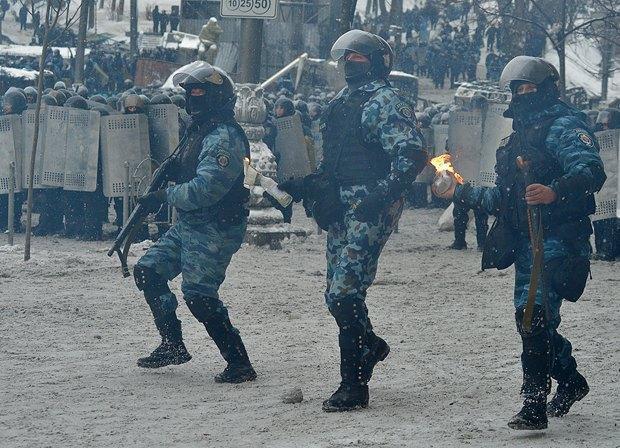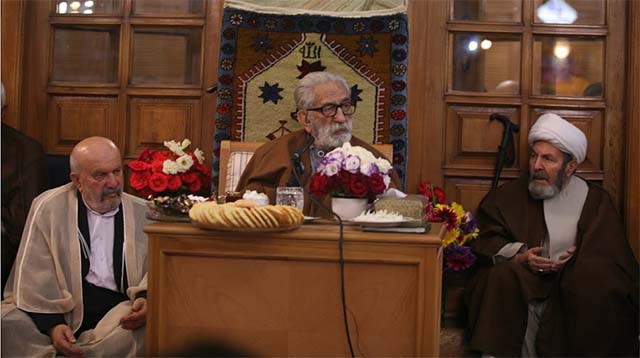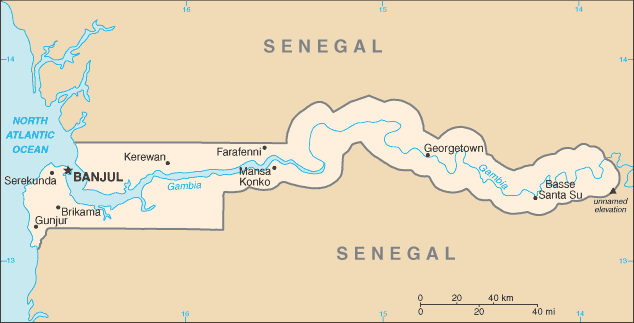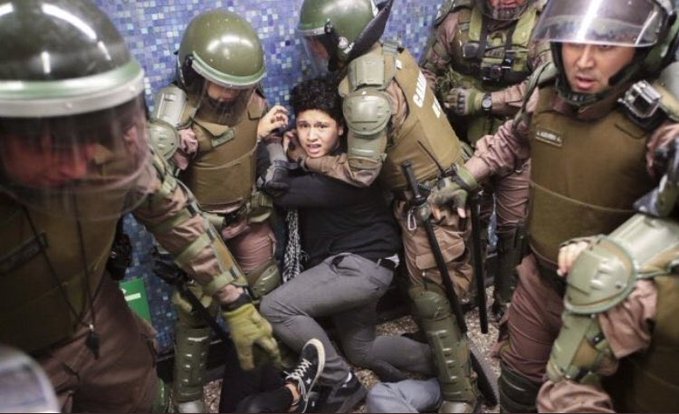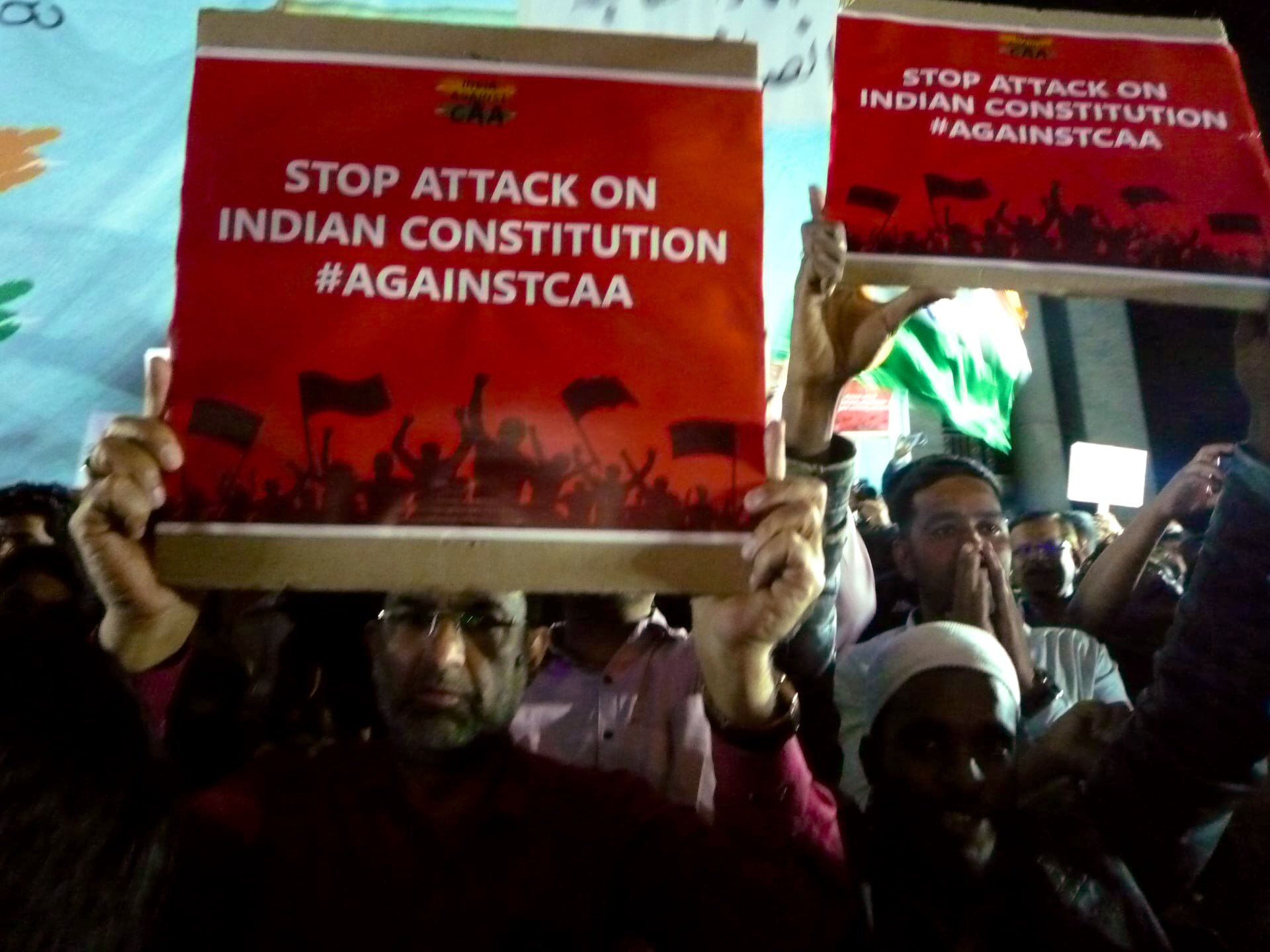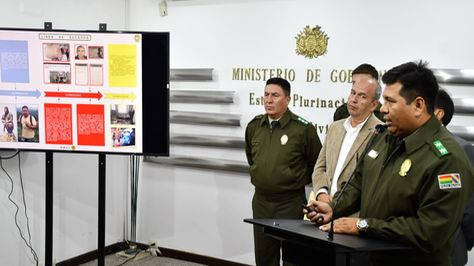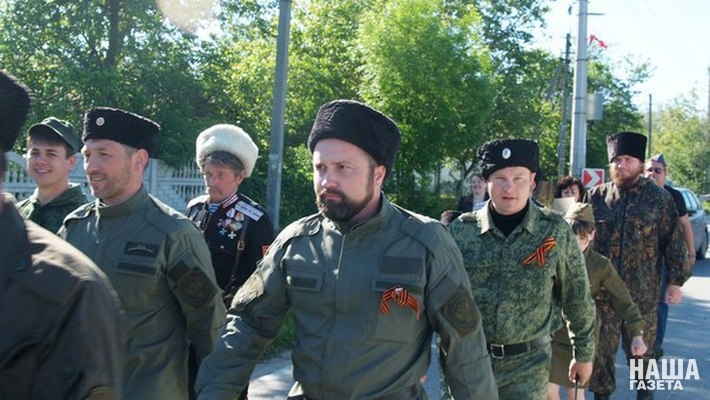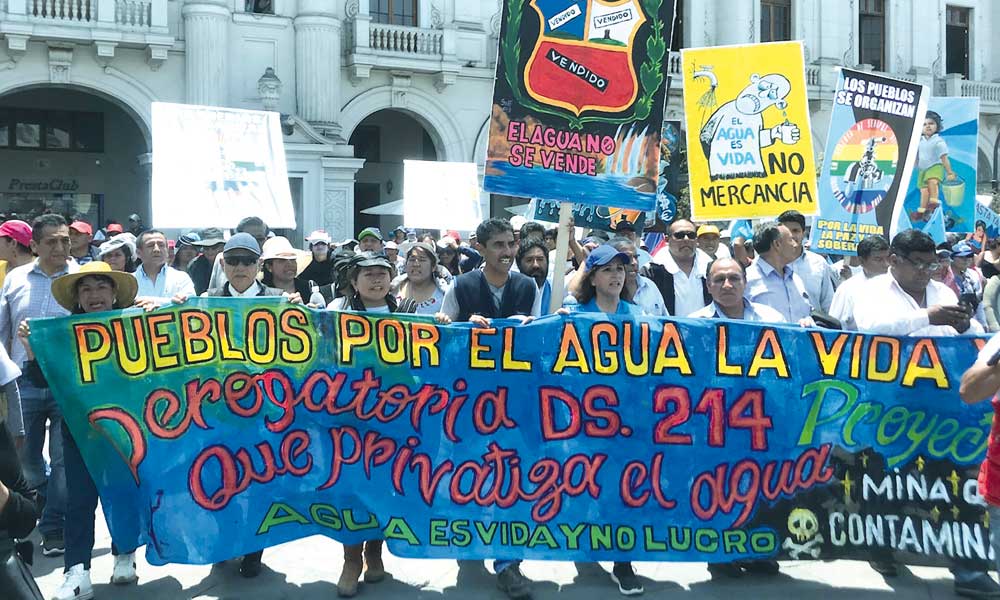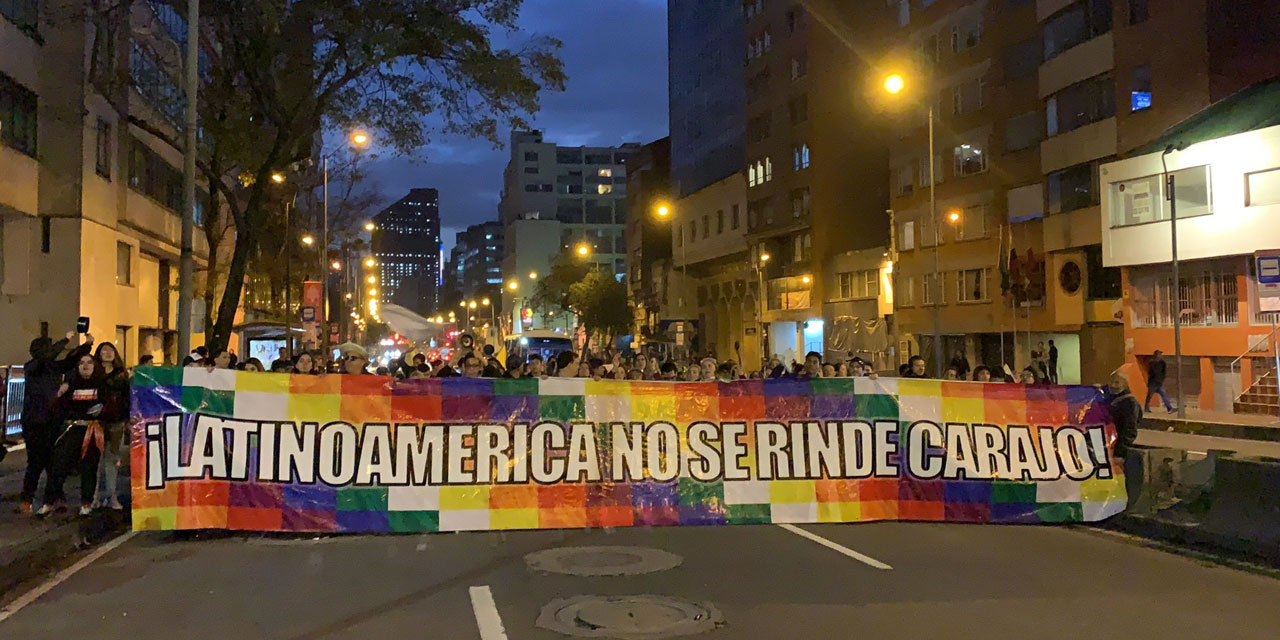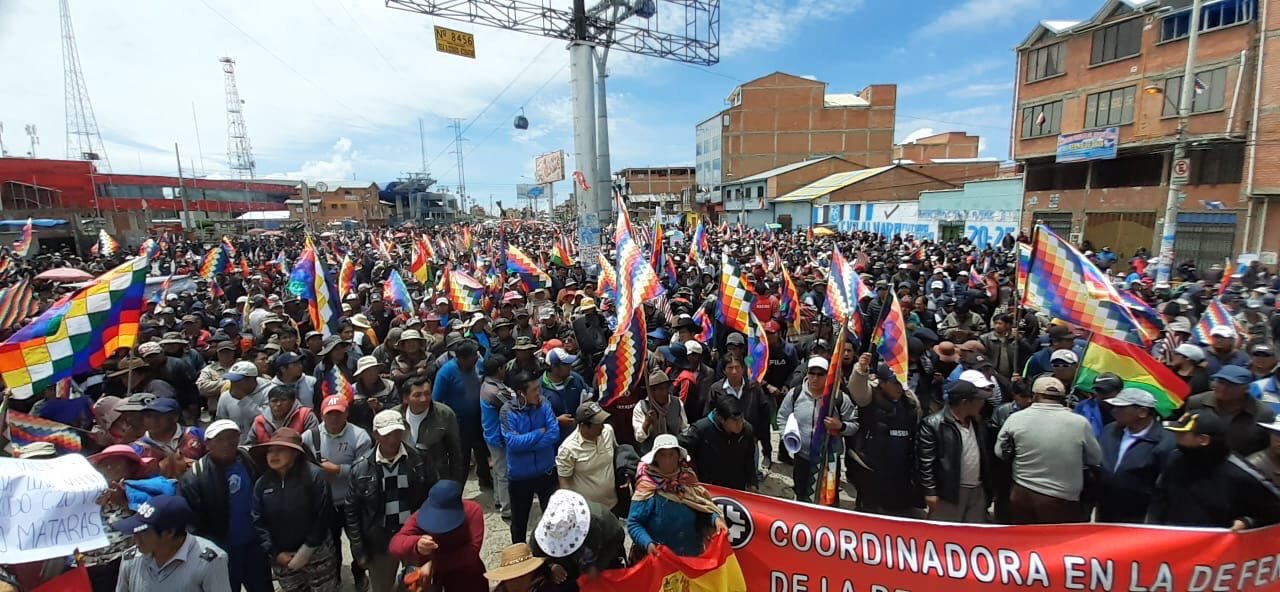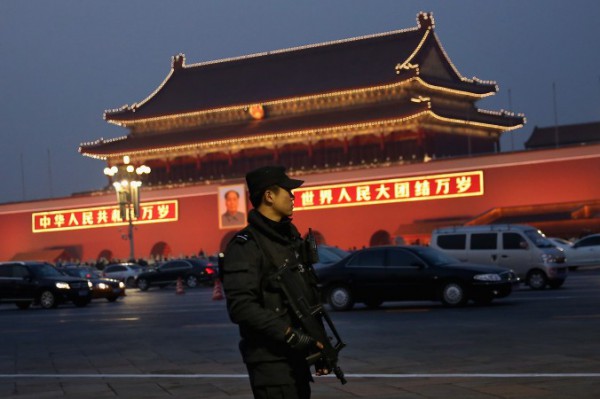
China detains activists in year-end crackdown
Over a dozen Chinese lawyers and activists were detained or went missing in the final days of 2019, in a crackdown targeting participants who attended a private pro-democracy gathering in the coastal city of Xiamen, rights groups reported. The meeting had been called to discuss a “democratic transition in China,” said Human Rights Watch researcher Wang Yaqiu. The period around New Year is traditionally when Beijing chooses to arrest prominent dissidents in an effort to minimize international media attention, “so it is not a surprise that they chose this particular time to launch a manhunt of activists.” The meeting involved a small group “peacefully discussing politics in a private space.” (Photo: chinaworker.info)



